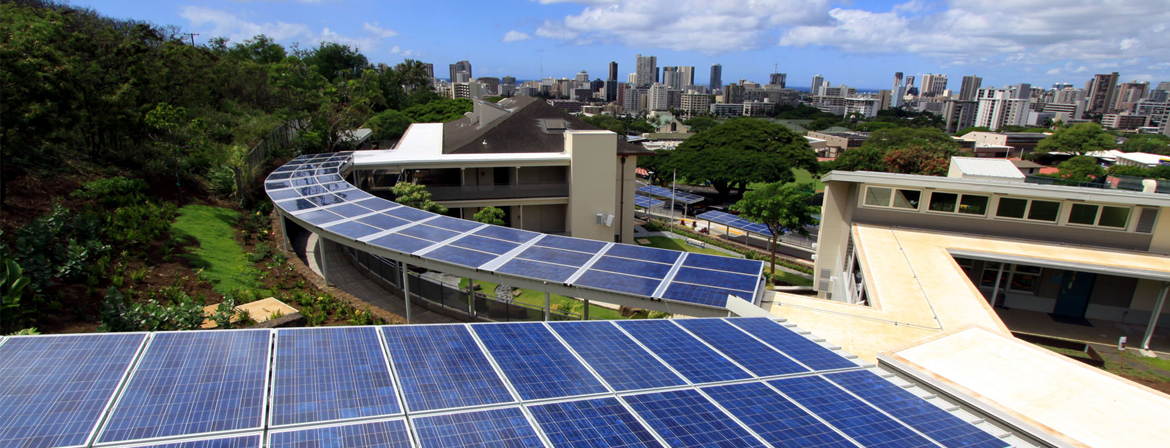Consumer Concern, Knowledge, Belief, and Attitude toward Renewable Energy: An Application of the Reasoned Action Theory
Bang, Hae-Kyong; Ellinger, Alexander E.; Hadjimarcou, John; Traichal, Patrick A. (2000). "Consumer concern, knowledge, belief, and attitude toward renewable energy: An application of the reasoned action theory.". Psychology & Marketing, 17, 6, 449-468.
Information and Energy Conservation
Seligman, C. (1985). Information and energy conservation. Marriage and Family Review, 9, 1-2, 135-149.
Determinants of Responsible Environmental Behavior
Nemiroff, L. S., & McKenzie-Mohr, D. (1992). Determinants and distinguishing variables of pro-disarmament behavior and responsible environmental behavior.. Journal of Social Behavior and Personality, 7, 1, 1-24.
Effects of Television Modeling on Residential Energy Conservation
Winett, R. A., Leckliter, I. N., Chinn, D. E., Stahl, B., & Love, S. Q. (1985). Effects of television modeling on residential energy conservation. Journal of Applied Behavior Analysis, 18, 1, 33-44.
A Behavioral Model of Residential Energy Use
van-Raaij, W. F., & Verhallen, T. M. (1983). A behavioral model of residential energy use. Journal of Economic Psychology, 3, 1, 39-63.
Energy Education in the Curriculum
Stubbs, M. (1985). Energy education in the curriculum. Educational Studies, 11, 2, 133-150.
Answering Behavioral Questions about Energy Efficiency in Buildings
Stern, P. C., Aronson, E., Darley, J. M., Kempton, W., Hill, D. H., Hirst, E. & Wilbanks, T. J. (1987). Answering behavioral questions about energy efficiency in buildings. Energy, 12, 5, 339-353.
Promoting Energy Conservation in University Dormitories by Physical, Policy and Resident Behavior Changes
McClelland, L. & Belsten, L. (1979). Promoting energy conservation in university dormitories by physical, policy and resident behavior changes. Journal of Environmental Systems, 9, 1, 29-38.
A Social Psychological Perspective on Energy Conservation in Residential Buildings
Langmeyer, L. (1984). A social psychological perspective on energy conservation in residential buildings. American Psychologist, 39, 7, 810-811.
Reducing Residential Electrical Energy Use: Payments, Information and Feedback
Hayes, S. C., & Cone, J. D. (1977). Reducing residential electrical energy use: Payments, information and feedback. Journal of Applied Behavior Analysis, 10, 3, 425-435.



